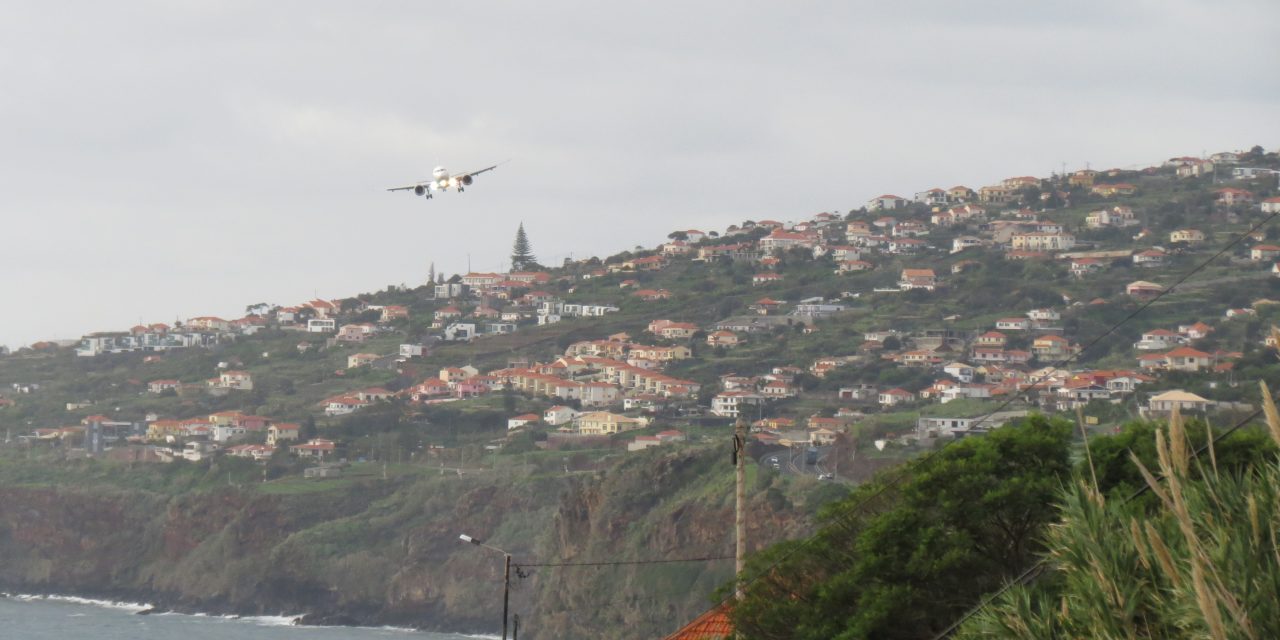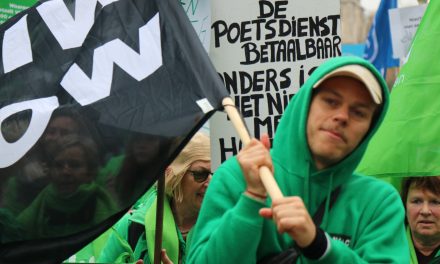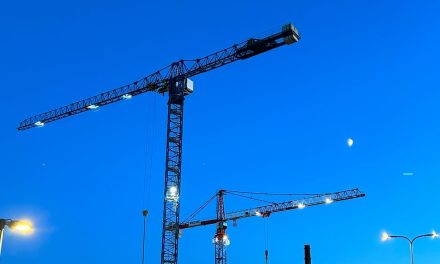Madeira’s future as a top-tier holiday spot is uncertain amid rising European air travel taxes and the surging ‘Flygskam’ movement. Beyond the tourists who are worried about the island’s future, the island’s residents, heavily reliant on tourism, grapple with economic concerns as the landscape evolves.
Mary, a seasoned expert in Madeira’s tourism industry with 21 years of experience in planning and orchestrating trips to the island, voices a growing concern about the current trajectory of the destination. More than just a travel guide, Mary is widely regarded as an authority on every facet of what Madeira has to offer.
In a candid discussion about the evolving landscape of the island, Mary expresses reservations about the direction it is taking. “The island is moving in a direction that I am not sure we want to go,” she shares. Her insights delve into the transformations she has observed and foresees in Madeira, signaling a need for increased awareness and proactive measures.
Mary, passionate about the unique charm of Madeira, willingly engages in conversations about the changes she perceives. “It’s time that the eyes are opened because if we do nothing, we will never be the same again,” she remarks when questioned about the necessity for change. Her words serve as a call to action, emphasizing the importance of addressing the challenges at hand to ensure the sustainability and resilience of Madeira’s identity as a premier travel destination.
Flight taxes
In recent years, significant changes in aviation taxation have unfolded globally. Countries like the United Kingdom, France, Germany, Portugal, and Sweden have witnessed notable increases in air travel levies. While the impact appeared limited until recently, the past few months have seen tangible shifts. For example, Ryanair and Wizz Air have announced the cessation of flights to Madeira from specific locations. On their official platforms, they attribute this decision to the escalating taxes, deeming flights to the renowned holiday destination no longer economically viable.
These unfolding events spotlight the mounting challenges faced by the aviation industry amidst shifting fiscal landscapes. The fate of this beloved vacation destination hangs in the balance as air travel taxes continue to rise, prompting several airlines to reevaluate the profitability of maintaining routes to Madeira. While many locals remain unconcerned, experts are actively engaged in unraveling the potential implications.
What lies ahead for Madeira if the trajectory of increasing flight taxes persists, and more airlines reassess the viability of continuing flights to the island? While the local community appears relatively unperturbed, behind the scenes, experts are diligently delving into the intricacies of this unfolding situation.
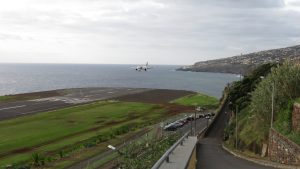
Local worries
From the images we are currently receiving, it seems that Madeira is foreseeing a future scenario it would rather avoid. However, do the Madeirans themselves realize that this issue might manifest in the future, or is it not on their radar at all?
Ana, an event planner from Madeira who dedicates herself each year to organizing events around the Christmas market, indicates that she hasn’t actually realized that change is on the horizon. “Just last month, I read that Madeira had welcomed a record number of tourists last year; I never realized that this might not be the case in the coming years,” says Ana. She orchestrates multiple events on the island annually, but what she looks forward to the most and puts the most effort into are the events surrounding the Christmas market. “Our Christmas market attracts many tourists, and it would, of course, be detrimental if we were to lose that. I believe we should consider the potential risks more carefully. We might be running out of time, and soon we’ll have to devise new plans.
Ana provides insights into how the average resident of Madeira is handling the potential consequences of these developments. Many are either unaware or not particularly concerned about the changes taking place. The fact that residents are not well-informed about, for instance, the rising taxes, results in it remaining under the radar and not yet being perceived as a “problem.” While the population has limited awareness of the effects of this issue, the regional government is well-informed and actively working to prevent any adverse outcomes.

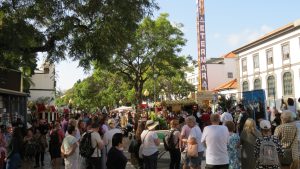

Regional government
Paula Cabaço, the Regional Secretary of Tourism and Culture, is well aware of the potential consequences if these developments persist. In 2019, Paula addressed the bankruptcy of Thomas Cook, a UK tour operator, stating that this would result in a significant impact. She indicated that in the summer of 2019 alone, 15,000 fewer tourists would land on the island.
With Ryanair beginning to withdraw flights to the island, the concerns of the regional government are likely to escalate. As of now, there has been no official response to Ryanair’s announcement, leaving the outcome of this development uncertain. However, the regional government has already submitted numerous requests to the mainland, seeking to halt the progression of rising flight taxes. As of today, these requests have yet to receive a clear response, and no changes have been implemented.
However, the regional government remains proactive. Besides the escalating flight taxes, other developments are contributing to the likelihood of fewer tourists visiting the island in the future. This trend is known as ‘Flygskam,’ a term popularized by renowned climate activist Greta Thunberg, also referred to as “flight shame.” This global movement essentially deters people from choosing air travel for vacations. Taking the train to Madeira is not an option, adding another layer of risk to the island’s economy due to this emerging trend.
‘Flygskam’
People are becoming increasingly aware of the factors contributing to global pollution, and flying is one of them. There are no direct figures yet on whether this has had an impact on tourism in Madeira. Despite the absence of concrete statistics related to changes, the island is making efforts to contribute positively to the world.
Madeira is an innovative island actively engaged in the sustainability efforts of the region. A pivotal project and organization dedicated to this cause on the island is named ‘Sustainable for All.’ This organization is committed to maintaining the island in a sustainable manner, as the name suggests, ensuring that everyone can equally enjoy the island, both now and in the future.
A noteworthy example is the project focused on increasing renewable electricity. Launched in 2020, this initiative involves the construction of a hydro power station aimed at elevating renewable energy from 33% to 50% in the coming years. While just one of numerous examples, this project has earned Madeira the title of the EU’s poster child for renewable energy, as acknowledged by The European Commission.
Through initiatives like these, the island aims to paint a positive picture for the tourists visiting. As anticipated, they heavily promote these efforts on their advertising platform ‘Visit Madeira,’ a page managed by the Regional Secretary of Tourism and Culture. While such projects may not eradicate flight shame, they undoubtedly contribute to enhancing the island’s image.
Future
Forecasting the island’s future is a challenging task. Nevertheless, should the current trends and preferences of EU nations continue, the issue might evolve into a potential risk down the road. While there’s no need for immediate panic, it’s wise to consider establishing a contingency plan for potential future scenarios. This proactive approach will not only ensure preparedness for potential challenges but also position the island strategically in the face of evolving circumstances.
